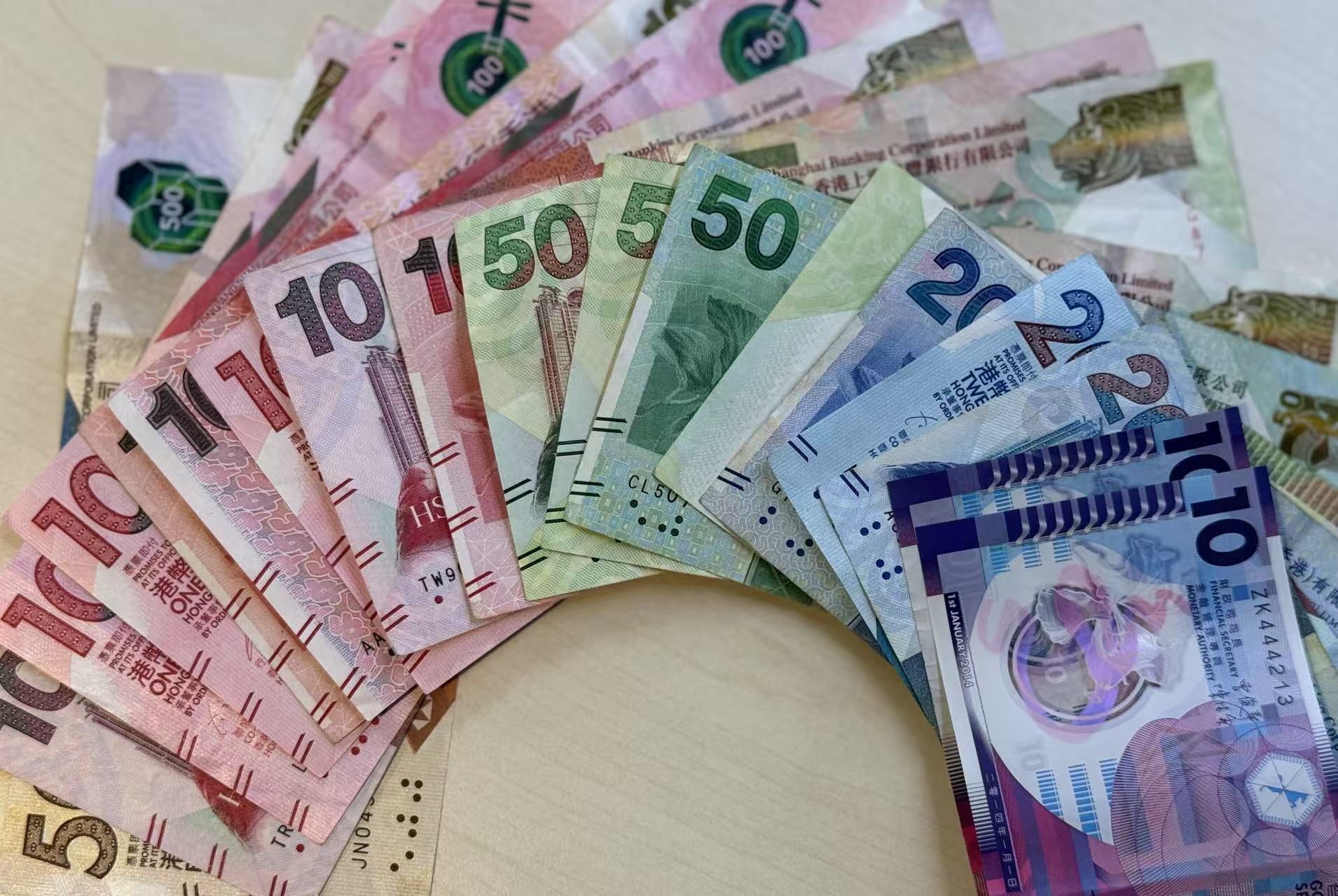
The Hong Kong Special Administrative Region is forging ahead with the development of wholesale use cases of the digital Hong Kong dollar (e-HKD).
There is no fixed timetable for extending retail use cases of the e-HKD, which will depend on international development, latest technologies and market needs, the Hong Kong Monetary Authority (HKMA) said.
The HKMA highlighted the technical aspect of the Phase 2 report of the e-HKD Pilot Program on Tuesday, as the SAR’s banking industry regulator is expected to complete the preliminary preparatory work of e-HKD in policy, legal and technical aspects in the first half of 2026.
ALSO READ: HKMA launches second phase of e-HKD pilot program
There are 11 groups of industry pilots under Phase 2 of the e-HKD Pilot Program, focusing on use cases across three main themes of tokenized assets settlement, programmability, and offline payments.
The report stated that since the e-HKD is issued by the HKMA and carries no credit risk, it is particularly suitable for settling large transactions. “There are financial institutions already using the e-HKD in certain use cases to support the development of a tokenized ecosystem and cross-border payment scenarios, such as international trade settlement.”
HKMA Executive Director (Financial Infrastructure) Nelson Chow Man-ching said nine banks have begun using e-HKD for inter-bank transactions at the wholesale level.
“As the current demand for e-HKD is concentrated outside the retail scenarios, so priority will be given to developing applications at the interbank wholesale level in the future to promote the use of e-HKD for payments between financial institutions,” HKMA Deputy Chief Executive Howard Lee Tat-chi said at a press conference on Tuesday.
“The HKMA has been conducting extensive research and development on the e-HKD over the past eight years. We believe the advantages of the e-HKD are not entirely unique as its functions are similar to tokenized deposits, while the latter can be built on existing systems, regulatory frameworks, and customer channels, making implementation simpler than e-HKD,” Lee said.

The HKMA has been exploring the topic of a central bank digital currency since 2017 and announced its policy stance on e-HKD in September 2022. The banking industry regulator commenced the Phase 1 and Phase 2 of the e-HKD Pilot Program in May 2023 and September 2024 respectively.
READ MORE: Stress on digital assets as e-HKD date nears
Lee added that e-HKD still cannot resolve the pain points of current retail payments, including the need for legislation to require all merchants to accept its use and to require residents to have a digital Hong Kong dollar wallet, and public institutions will bear all transaction costs.
“When there are technological advancements and growing user acceptance, we will rapidly promote retail use cases when the time is right. We would not push the project ahead simply because it had already been tested,” Lee said.

However, at the wholesale level, as the e-HKD does not carry credit or counterparty risk, it is suitable for settlements between banks or large-value transactions, and will continue to be promoted in the future, Lee noted.
Regarding tokenized deposits, the authorities have already applied them to a wider range of scenarios, such as issuing tokenized government bonds and facilitating the conversion of digital deposits between banks, Lee said.
Chow added that tokenized deposits have also been used for cross-border payments and corporate dividend payments, and the authorities will continue to promote and improve the technology to achieve more automated and round-the-clock operation.
Hang Seng Bank, the subsidiary of global banking giant HSBC Holdings, has successfully completed two use cases of providing digital rewards to enhance customer engagement, and facilitating tokenized fund settlement based on a public permissioned blockchain platform.

Kenny Shui Chi-wai, vice-president of Our Hong Kong Foundation and executive director of the think tank’s Public Policy Institute, said Hong Kong should focus how to link up e-HKD with smart contracts for "delivery versus payment" transactions for tokenized assets such as green bonds with automated interest payments and redemptions at maturity, improving efficiency and transparency.
“While actively developing wholesale applications, the HKMA can continue to prepare for the retail e-HKD to lay the foundation for Hong Kong residents' future payment needs,” Shui said.



